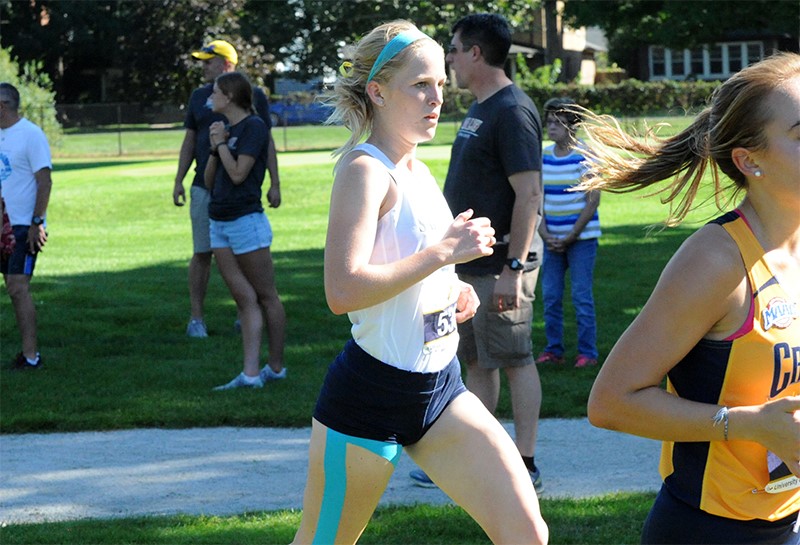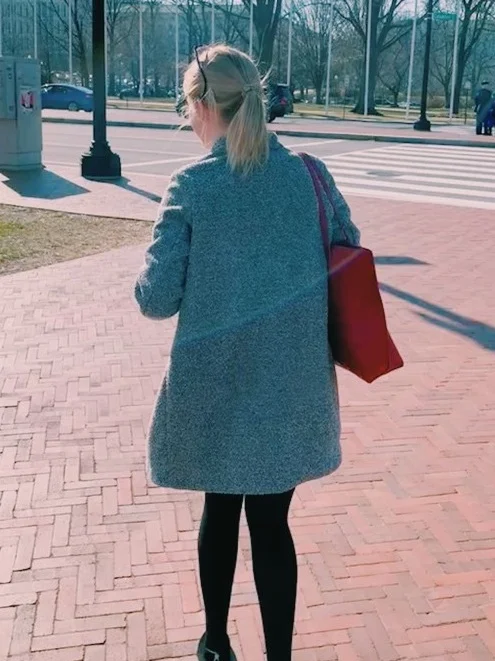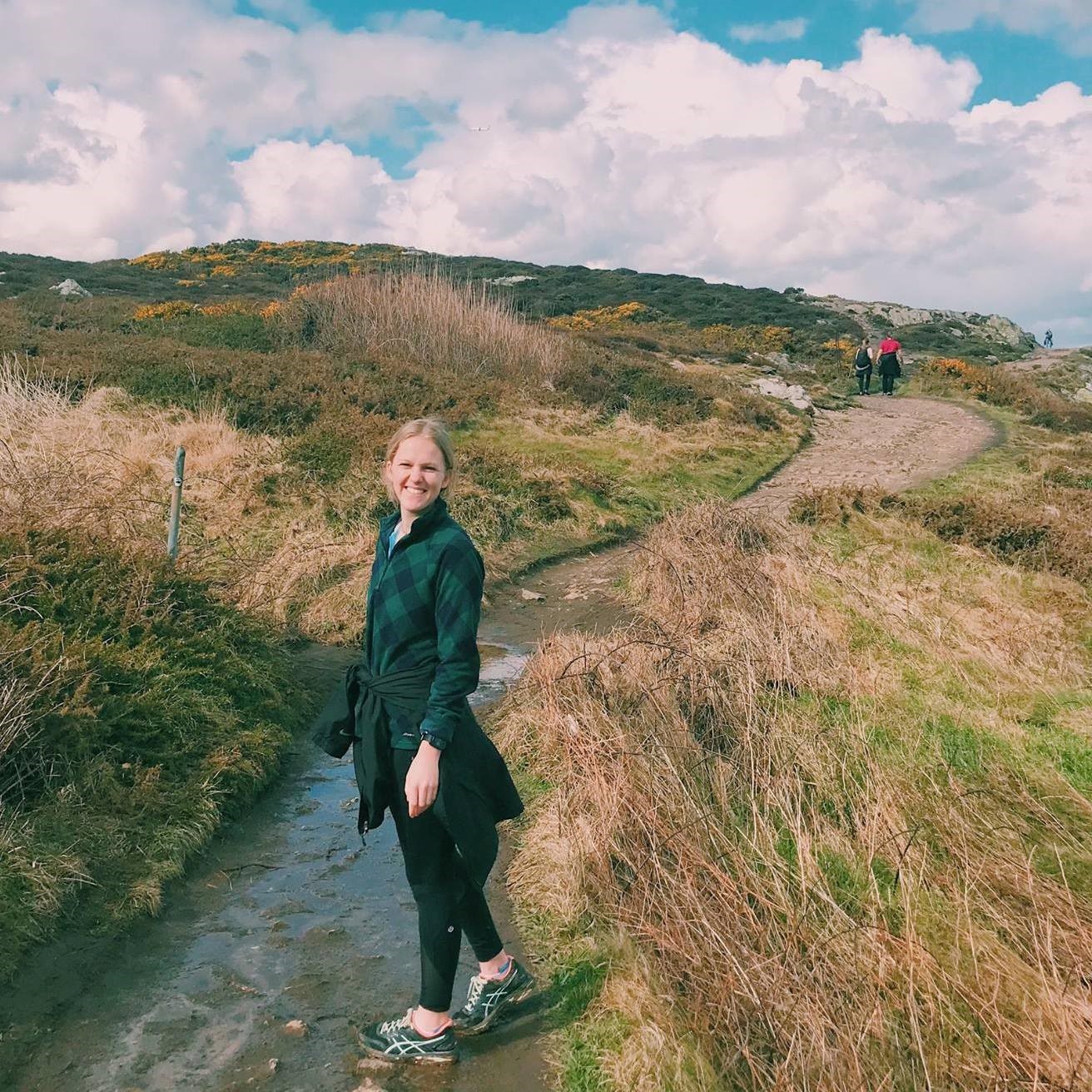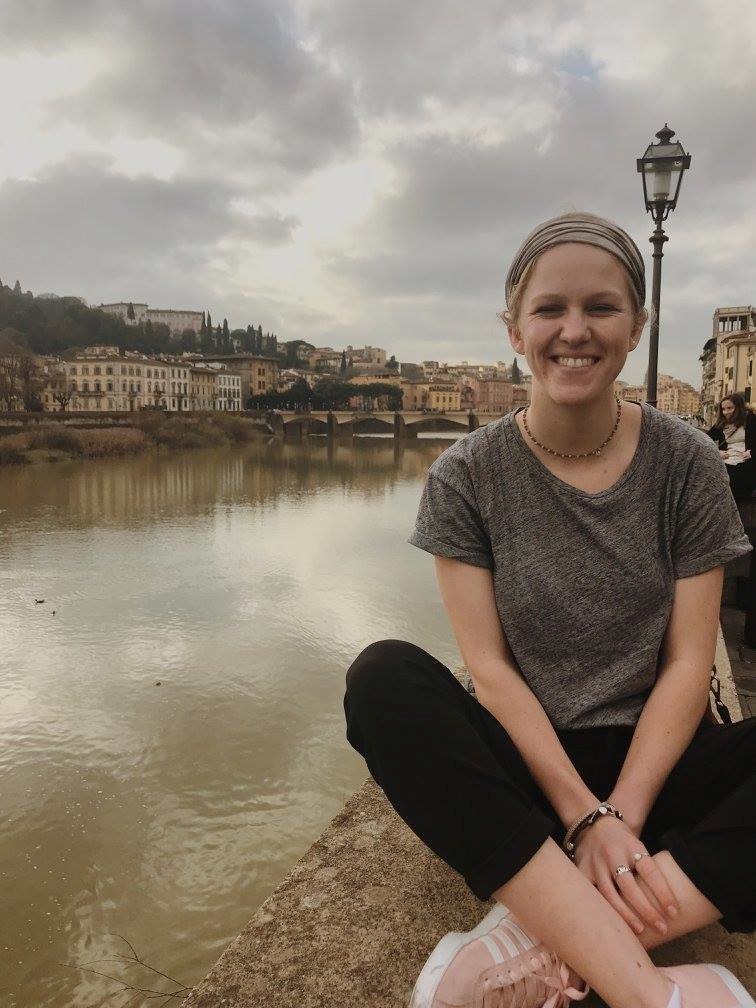Coping | Daily Life | IBD

In mid-March 2019, I slowly sat up in a hospital bed in Washington D.C., where I was spending the Spring semester of my junior year ‘abroad’ taking classes and doing an internship. My gastroenterologist came in and did not waste any time telling me, “you have ulcerative colitis, this is a chronic disease and you’re going to have to take medicine for the rest of your life. I’ve sent a few prescriptions to the pharmacy for you to pick up on your way home.” Considering I had spent the past three months with the classic UC symptoms, and I’m a 21-year-old with a smart phone, this diagnosis didn’t come as too much of a shock to me. But I did surprise my doctor when the first thing out of my mouth was “okay that’s fine, I just need you to help me still be able to run.”

You see, I started running my freshman year of high school, and I never really stopped. As I took the metro alone back to my cramped dorm room, all I could think about, besides how hungry and tired I was, was how I was going to make this work. I have handled multiple stress fractures, season-ending injuries, and the hardest of workouts, but this was new. This wasn’t a bone or muscle that could heal, or a cramp that could be massaged out. This was permanent, and out of my control. I tried to keep up with my training, but the fatigue and stomach pain wouldn’t let me out of the door many days. Many of the times I did manage to get outside, I would barely make it five minutes before I was frantically searching for a bathroom and walking back to my room, defeated and frustrated, with tears in my eyes. Resigned to a treadmill with a bathroom close by, I did manage to find joy in running again, but of course it wasn’t the same. I just wanted things to go back to normal.
While hugely concerned with how this diagnosis would affect my running, I also quickly realized how much it was going to impact my daily life and my identity, especially as a young college student. We’re supposed to be fun and spontaneous, staying out until the sun rise…right? That was not my college experience with or without ulcerative colitis, but I certainly felt the opportunities being taken away from me. Even my typical experience of days filled with club meetings, cross country practice, spending time with friends and nights in the library, was starting to feel unattainable too. How could I get to an 8 a.m. meeting if it took three hours after I woke up to feel safe going more than 10 feet away from a bathroom? How could I relax and spend Friday nights with my friends when I knew I needed time when I got home to take my enema and other medicines? How could I go on an eight-mile run when walking to the bus stop felt draining?

However, as days turned into weeks, and now I sit six months post diagnosis, I learned to let go of my idea of a ‘typical’ day. I realized that fully accepting this diagnosis meant embracing a new normal. There will forever be a divide between my life before my diagnosis and after. Before, I could eat whatever I wanted and not think about long, or short, term effects and get up to go on a 6 a.m. run without worrying about the bathrooms available along the way. Now, my cute sunflower pill box is always on me and I can plan a killer running route around the best bathroom stops in town. I also know that while there is, and always will be, a ‘before’ and ‘after’, I am still the same person. While it has changed and shaped me, this disease does not define me. I am still a runner, it’s just a different experience that what I have lived in the past. I am still a caring friend and hardworking student; I just have to pay a little more attention to myself and my body than I had before. Looking back on how ulcerative colitis has shifted the way I approach many aspects of my life also allows me to recognize just how much it has improved them. I am more empathetic to people’s pains, frustrations, and fears. I am more aware of the fact that the person who cut me off in traffic may be rushing to a doctor’s appointment or the girl who didn’t return my smile might be really fatigued from a long day. I am more in tune with my body and how to treat it with the love and care it deserves.
So no, this disease hasn’t been like the stress fractures or knee injuries. It has been harder and more painful, both physically and emotionally. It has made me doubt myself, cry, throw tantrums, want to give up, and actually give up. It has made me miss out on nights with friends, and sunrise runs on the beach. Yet, for all that it has “taken away”, it has given me so much more. Maybe this is easy for me to say as I sit here in remission, my heating pad tucked away unused and my daily pill box a little less full. I’d like to believe that even if, knowing full well that is a very probable “if”, I go into another flare, I will still be able to recognize the beauty, strength, and wisdom that has entered my life since that day of my diagnosis in March.
To anyone who is going through the darkest days, sobbing in the bathroom, wanting to throw your medicine out the window, know that you’re not alone. Know that you are strong and unstoppable and while this feels like a weight pulling you down to the bottom, it may one day be the rope you use to climb out of a darkness you didn’t even know existed. It doesn’t define you, but you have the power to let it transform you.

Katie Glenn is a senior at Saint Mary’s College where she runs cross country and studies Political Science, Philosophy, and Economics. Diagnosed in her junior year with ulcerative colitis, Katie is determined to embrace her disease not as something to hold her back, but to push her closer towards becoming the person she is meant to be. She also refuses to let it diminish her Catholic faith or her love for running, coffee, music, breakfast foods, and being outside (in no particular order of course:) and so far so good, as it has only enhanced these passions.
